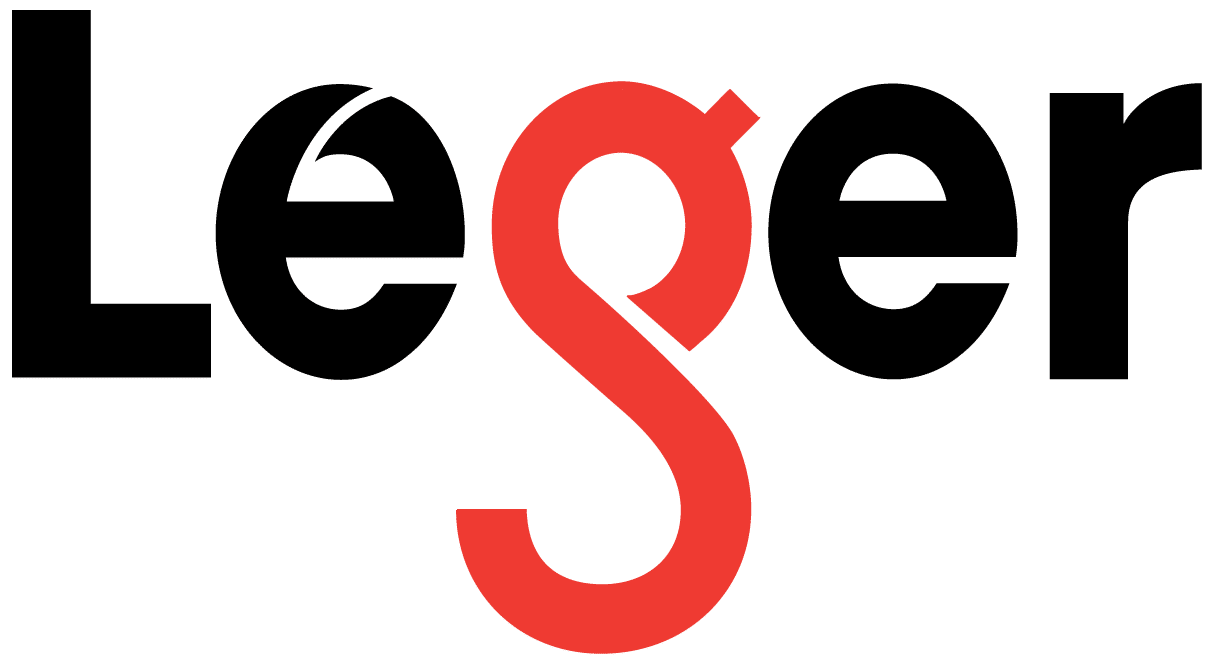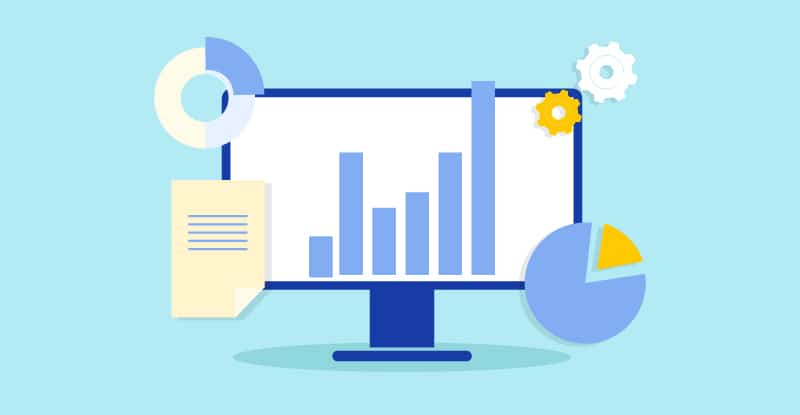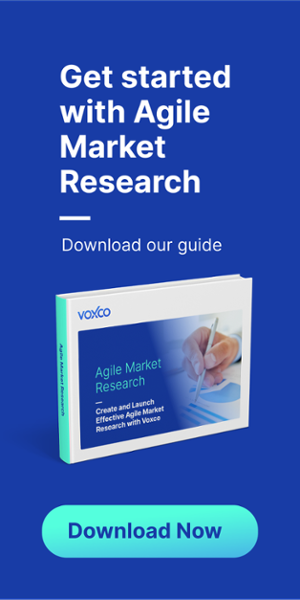
What is Quantitative Research?
Voxco is trusted by 450+ Global Brands in 40+ countries








See what question types are possible with a sample survey!Try a Sample SurveyTALK TO AN MR EXPERTDownload MR ToolkitQuantitative research involves the collection and evaluation of numerical data. This is different to qualitative research that involves the evaluation of non-numerical data.Quantitative research uses numerical data to measure and quantify opinions, behaviors, attitudes, and other variables to support or reject a hypothesis. Researchers sample a large number of units within the target population in order to collect statistical data. Statistical, computational, or mathematical operations will then be performed on the data to identify patterns and correlations that are generalizable to the entire target population.Free Market Research ToolkitFill out this form to access 5 market research survey templates + 2 MR guides

01
Methods of Collecting Quantitative Data
In order to conduct quantitative research, you must collect quantitative data. This data can be collected in many ways, and the method of data collection you choose will depend on the type of data you want to obtain.Quantitative research can be conducted using the following two types of data:
- Primary Research
- Surveys
- Experimental Research
- Controlled Observation
- Secondary Research
Primary Research Primary research includes any kind of research wherein you collect the data yourself. Let’s take a look at the different methods of primary research used in quantitative data collection.SurveysSurvey research is one of the most commonly used tools while collecting quantitative data. Surveys can be conducted through a range of channels such as websites, social media polls, over-the-phone, or even in-person. This method of data collection allows organizations to ask their target audience many different survey questions relating to brand perception.A survey sample must be selected randomly in order to maintain the accuracy of the data so that results can be generalized to the whole target population.Experimental ResearchExperimental research is also often used within quantitative research to verify or refute a theory, or multiple theories. It adheres to the scientific research design that includes a hypothesis, a controlled variable, an independent variable, and a dependent variable. Experimental research must be conducted in a controlled environment.Controlled ObservationControlled observation refers to a method of research where researchers observe participants in a controlled environment. The researcher pre-determines the location, the time, the tools, and the variables that need to be studied. Traditionally, controlled observation takes place in a physical location so that participants can be observed in person, although now there are virtual tools that enable controlled observation studies to be conducted remotely.Secondary Research Secondary research involves the use of already existing data. This existing data is collated and analysed to substantiate whether a hypothesis is to be verified or refuted. These are a few popularly used secondary quantitative research methods:
- Commercial information sources, such as local newspapers and journals.
- Government and non-government sources, such as government census data.
- Educational institutions, such as university research papers that contain in-depth research on different topics.
- Internet sources, such as reliable news websites.

Market Research ToolkitGet started with Voxco's Market Research Toolkit.Market Research trends guide + Online Surveys guide + Agile MArket Research Guide + 5 Market Research Templates

02
Advantages of Quantitative Research
- High Data Accuracy: Quantitative research relies on closed-ended information and numerical data. Statistical data is objective and highly reliable, significantly reducing or eliminating the scope for bias.
- Cost-effective: The cost of someone participating in a quantitative survey is usually much lower than the cost of someone participating in a qualitative survey or interview.
- Larger Sample Group: Quantitative data can be collected on a much larger scale, relative to qualitative data, as it is more cost-effective. This facilitates larger sample sizes, thus providing more reliable outputs.
- More Efficient Data Analysis: Quantitative research can be carried out more efficiently as the process of analyzing the data is straightforward and less time-consuming.

[Free Webinar Recording]
Want to know how to increase your survey response rates?
Learn how to meet respondents where they are, drive survey completion while offering a seamless experience, Every Time!Watch Webinar Now!03
FAQs on Quantitative Research
Which is better; quantitative or qualitative research?Although quantitative research is more objective and fact-based, the “better” research depends on the type of study being conducted. Studies that require variables to be measured to answer its research question, as well as studies that want to test a hypothesis, should use quantitative research. Studies that aim to explore opinions, motivations, and concepts should employ the use of qualitative research.What are the different methods of collecting quantitative data?These are a few methods used to collect quantitative data:
- Surveys
- Polls
- Secondary research
- Experiments
- Controlled observations
- Interviews
What is a major disadvantage of quantitative research? As quantitative research tends to be highly objective and mainly focuses on facts and figures, it can result in the overlooking of broader themes, relationships, and underlying reasons.What are some characteristics of quantitative research?The following are a few characteristics of quantitative research:
- Modelling of data
- Variable manipulation
- Generation of models and hypotheses
- Use of closed-ended questions
- Statistical data
What are some secondary quantitative research methods?These are a few popular methods of secondary quantitative research:
- Public libraries
- Government and non-government sources
- Educational institutions

Start creating Descriptive Research Surveys on a Large Scale using Voxco Book a Free Demo

Read more

Phone Surveys
| EditPhone SurveysBook a DemoVoxco is trusted by 450+ Global Brands in 40+ countries... Read More

Customer Retention Metrics
| EditCustomer Retention MetricsSHARE THE ARTICLE ONShare on facebookShare on twitterSha ... Read More

Control Groups
| EditWhat is a Control Group?Transform your insight generation processUse our in-depth online survey guide to create an actionable feedback c ... Read More

A look inside the types of reliability
| EditA look inside the types of reliabilityTransform your insight generation processUse our in-depth online survey guide to create an action ... Read More

How to Segment the Market for a New Product in 5 Steps
| EditHow to Segment the Market for a New Product in 5 StepsSHARE THE ARTICLE ONShare on facebookShare on ... Read More

What is Customer effort score and how do you leverage it?
| EditWhat is Customer effort score and how do you leverage it?Free Download: Enhance NPS Scores using our NPS Survey TemplatesD ... Read More LOAD MORELOADING
.svg)


